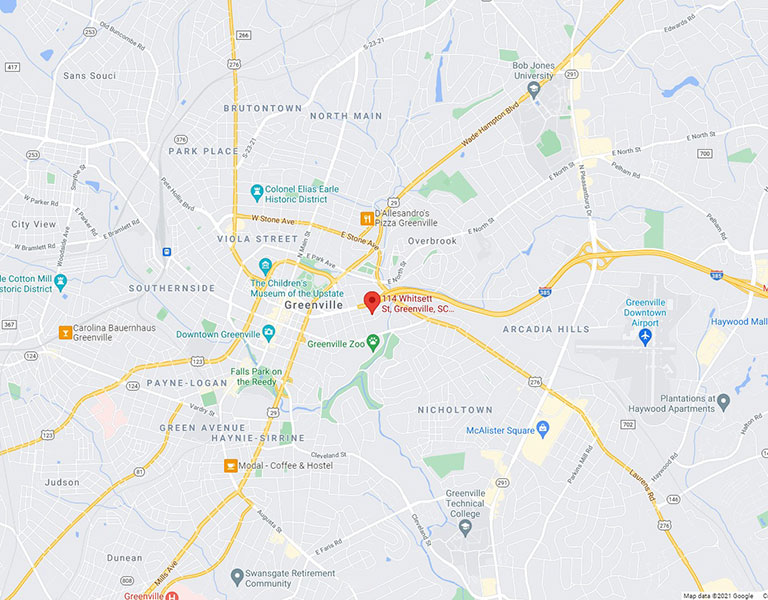South Carolina law classifies drugs differently based on potency and addiction potential. Penalties change according to the classification of a drug. The more high-risk a drug is, the harsher the penalties will be. Today, we will take a look at the categorization of several types of drugs.
First up are Schedule I drugs. This is the most dangerous category with the most severe punishments. Schedule I drugs are very addictive and hazardous to your health. They are not used medically. They include:
- Opiates, especially heroin
- Certain types of depressants and stimulants like Qualuudes or Mephedrone
- Hallucinogens such as MDMA, LSD and ecstasy
Schedule II drugs are a bit less severe. They are still very addictive. However, some can treat medical issues. They include stimulants like Adderall, opiate-based painkillers, PCP and cocaine.
Schedule III drugs are medical tools and have a moderate risk of addiction. It includes anesthetics and sedatives. Schedule IV drugs have low addiction potential, and are often used in medicine. Weight loss pills and clonazepam fall under this category. Schedule V drugs are even less risky. Wide swaths of the populace use them. Tylenol with codeine is a Schedule V drug.
Finally, Schedule VI drugs are not used in medical treatment despite low addiction potential. Marijuana is a Schedule VI drug.
Do you want to read more about drug crimes and how South Carolina law handles them? If so, you can take a look at our web page here. We discuss many aspects of drug-related legislature. This includes the classification of drugs, as well as penalties for drug-related infractions.


